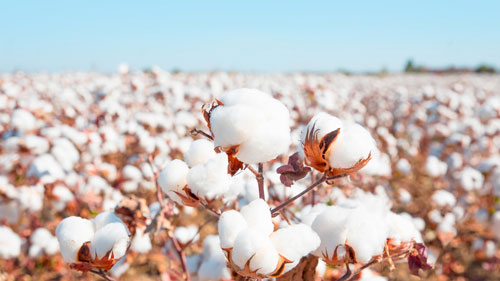Observer Report Beijing
Chinese experts in an online seminar elaborated how Xinjiang Uygur Autonomous Region excel in cotton production in the world and how Pakistani cotton farmers could benefit from their experience.
According to China Economic Net (CEN), Dong Hezhong, principal researcher at Shandong Academy of Agricultural Sciences, said that seed research to pick the right seed for right atmosphere, cotton-peanut intercropping and plant architecture to allow for mechanical harvest enabled Xinjiang to enhance its share in China’s cotton production from less than 4% in 1949 to 76% as of today.
The seminar was aimed at bolstering China-Pakistan cooperation in seed industry.
The experts discussed how Pakistan could learn from China to increase production of rice, maize, soybean and cotton, especially by adopting the Chinese techniques of intercropping and double cropping.










